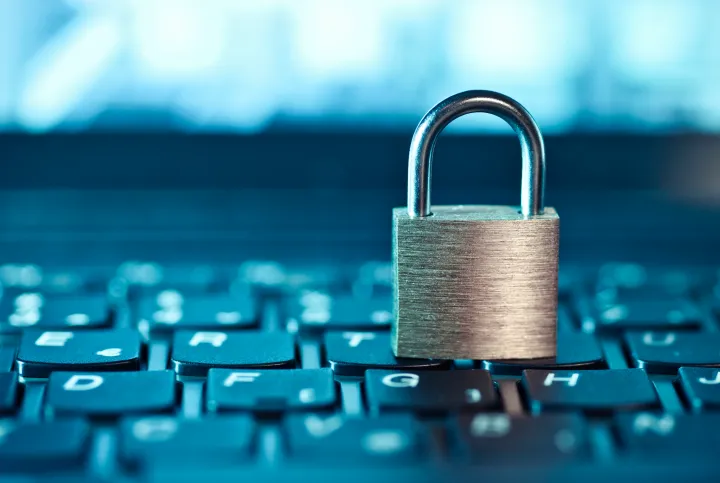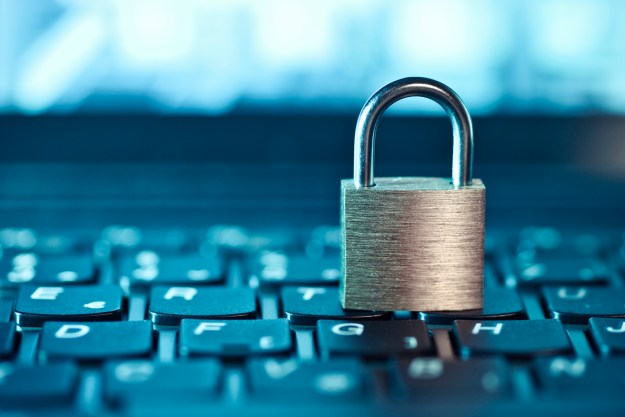The developers behind password management software LastPass have just shared some concerning news: Bad actors were recently able to access “elements of our customers’ information” in a recent security breach.
It’s the second time in just a couple of months that LastPass has suffered a security incident, and it appears the two events are directly linked. That’s because LastPass’s developers say that the unauthorized party was able to access customer data “using information obtained in the August 2022 incident.”

For those unfamiliar with that episode, hackers managed to access and steal parts of LastPass’s source code. While the company said no customer data was stolen at the time, it appears the source code allowed the hackers access to private information this time around.
Indeed, the company was alerted to the breach when it detected “unusual activity within a third-party cloud storage service, which is currently shared by both LastPass and its affiliate, GoTo.”
Your passwords are safe

Fortunately, there is some good news: customer passwords appear to be safe and remain fully encrypted. That’s thanks to LastPass’s Zero Knowledge structure, which basically means that only you have access to your master password and any data stored inside your vault — not even LastPass’s developers can access it. With that kind of firewalling in place, the hackers were unable to steal any passwords or vital account data.
Still, it’s a worrying development for both LastPass and its users. People store incredibly sensitive information in password managers, and not just the keys to their digital accounts. LastPass can also be used to safely stow credit card information, private notes, and other data that should be kept locked away from prying eyes.
In the meantime, LastPass has been working with security firm Mandiant to work out exactly what happened in this latest security breach. Law enforcement agencies have also been notified, and no doubt will be carrying out their own investigation.
LastPass has reassured users that its “products and services remain fully functional,” and has recommended customers should follow its best practices for setting up and configuring their accounts using the instructions on the LastPass website. The company has promised to post more updates “as we learn more.”
Editors' Recommendations
- The best password managers for 2024
- Bing Chat just beat a security check to stop hackers and spammers
- This critical exploit could let hackers bypass your Mac’s defenses
- Hackers are using a devious new trick to infect your devices
- This Bing flaw let hackers change search results and steal your files




